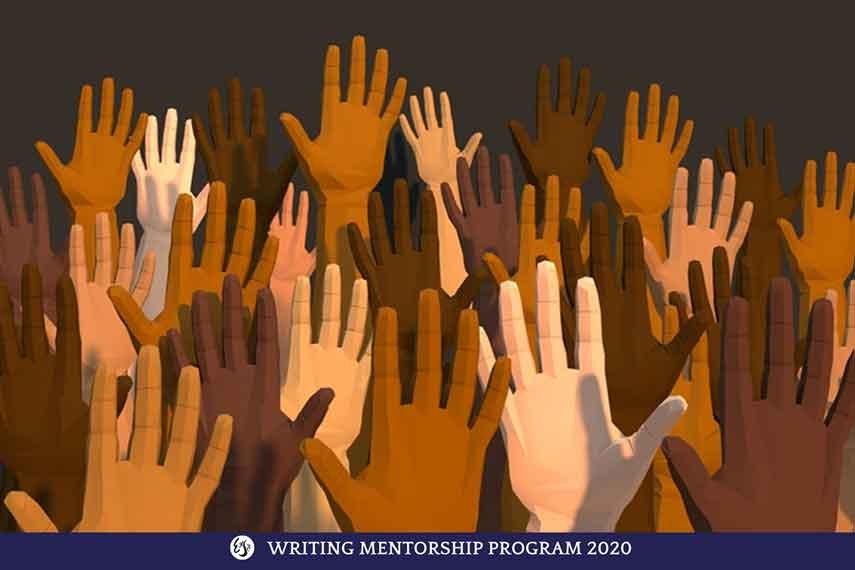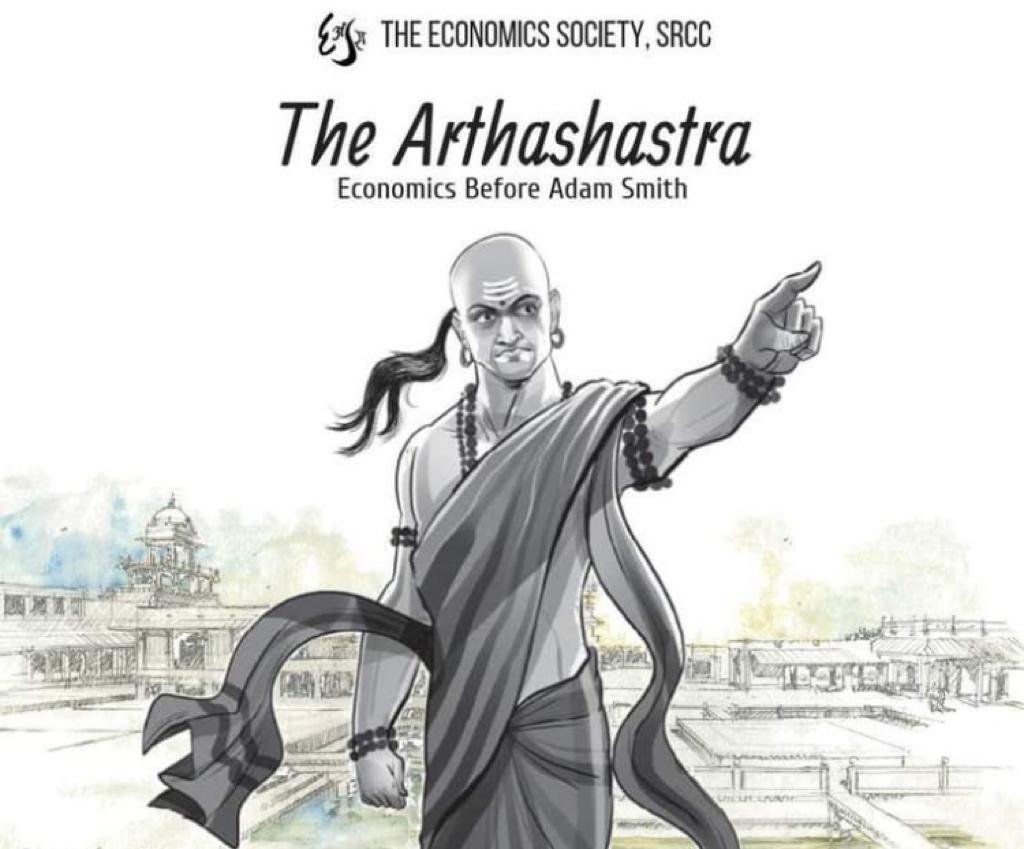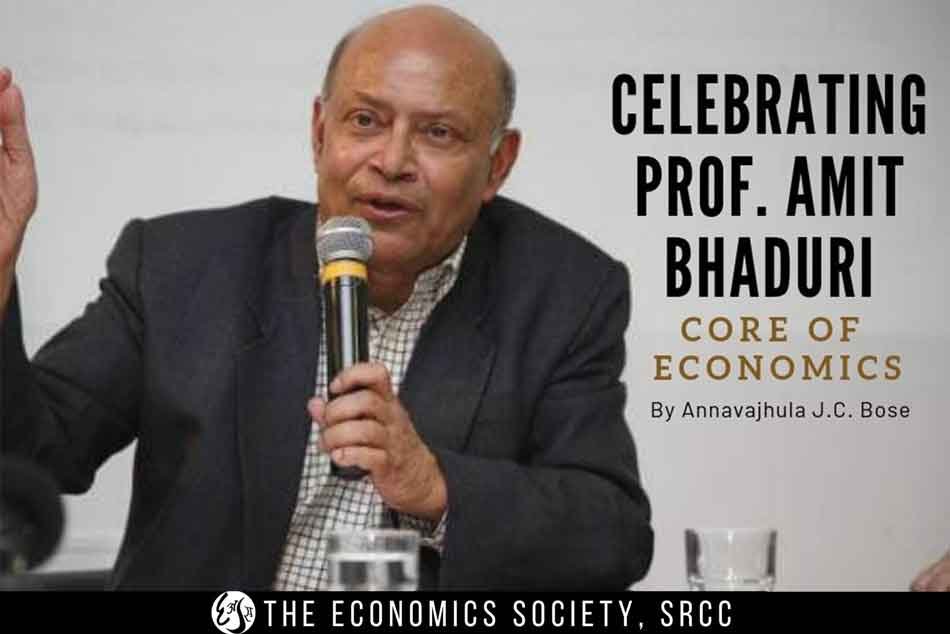
Equality- damned if you do, damned if you don’t

As surprising as it may be, equality is a fairly recent concept- basically unheard of until the 18thcentury. The notion of having a common playfield and equal opportunities was not considered necessary by ancient civilizations; the monarchs of the Egyptian civilization, for instance, were staunch believers of divine kingship and assumed the title of God’s representative on Earth. These pharaohs, such as the Great Pharaoh Khufu,1 took great efforts to ensure their own comfort even in the after-life, with barely any qualms in forcing thousands of slaves to work endlessly on the construction of pyramids, such as those in Giza. The Indus Valley civilization too was no different. The existence of a ruling class, whose members lived in houses of far greater calibre and quality built on a raised platform known as the citadel, clearly sheds light on their deemed superiority. As the man continued onward in his journey through social and intellectual evolution, the notion of equality began to gain popularity. Today, the right to equality is a prerequisite in most democratic and communist nations, as it is considered to be ‘immoral’ or ‘unfair’ to have it otherwise. But to what extent is this true? How ‘essential’ to have all citizens equal in society? Through what lens must this conundrum be studied- will an ethical perspective suffice, or is the range of areas to consider far wider? There are most certainly merits and demerits of each side of the debate, which can help determine the appropriate methods that nations should use if any at all.
It is speculated that the caste system of ancient India started as a form of labour specialization, segregating people into different sections of society based on the professions they pursued. The system is credited to the Early Vedic Period- an age of creative thinking in ancient India. Stretching from the 15thCentury to the 10thCentury BCE, it saw the light of literary genius in the form of the Vedas, as well as political and social stability as highlighted in the Upanishads. Alas, this was not to last. Merely a few centuries later, in the 10th Century BCE, humanity witnessed the arrival of the Later Vedic Period. The caste system, which was once a means of dividing people into various groups based on the skills they possessed, had turned into an instrument of discrimination. The entire notion of specialization was forgotten, and the ruling class established themselves as the superiors. This elitist behaviour gave birth to a rigid and hereditary social set- up. Inter-caste marriage was banned. A farmer could never become a scholar or a warrior if he so desired. To this day, discrimination and inequality on the basis of a person’s caste exist in modern India.
Why is equality desirable?
Firstly, we need to understand why exactly we want to achieve equality. The common view is that God has made us all equal, and so we must all be equal. In addition to this theological argument, there are several ways by which equality promotes human development. Many countries strive for equality to maintain a progressive atmosphere. For example, unequal rights and opportunities for women would be inefficient for nations, creating a reduced workforce and significant unemployment. This was clearly illustrated in the USA during the times of World War 1; while the men were at war with foreign nations, a large chunk of the economy of the country rested on the shoulders of the women. They were hence granted several rights previously denied to them. Another reason is that in all democratic nations, the citizens hold the power to elect their representatives. Hence, the government in power will put in their efforts into aiding the oppressed, so as to gain the trust and support of the masses. It is therefore clear as to why the majority of the nations of the world want to achieve equality. It is no surprise that equality is emphasized in the United Nations Sustainable Development goals as well.
On the other hand, we cannot deny that rapid development has taken place in the absence of equality. A point to ponder over is that if equality had been prevalent in medieval and ancient times, would the various wonders of the world such as the Great Pyramids Of Giza and the Taj Mahal have been built? If we had the power to change the past, how would we weigh the slaves’ human rights with the cultural brilliance that they brought into this world? Does the architectural brilliance and fame of the monuments, as well as the large revenue it has brought in through tourism for the nations, exceed the ‘price’ of human equality? After you have given this sufficient thought, here is another point to consider- what if we were to build the Taj Mahal today, and we could build it only with slaves? Would we do it? It will definitely ensure large revenues for future generations, and somewhere down the timeline, history textbooks will study these sites as cultural emblems. Society’s new outlook and the norms that have been established in the 21stcentury make this a more lopsided debate, with most people appalled at the proposition. Different perspectives give us different ways in which humans have functioned from era to era.
Each nation has a different approach to achieving their respective goals, which can be considered successful to varying degrees. Let us analyze communist nations first. On glancing at the structure of a communist country, we will find it relatively straightforward and progressive, with all citizens receiving equal benefits. There is no social classification, and discrimination is unheard of. You may even find it fair. But what is ‘fair’? Is it fair that an engineer, who has toiled all his life, reaps fruit that is no sweeter than the fruit reaped by a man sitting at home, unemployed? What incentive will that engineer have to help his nation, when he may choose to do absolutely nothing, and still enjoy the same benefits? Perhaps, equality does not necessarily promote rapid growth. However, we cannot overlook the fact that such a set- up ensures equal living conditions for all, thereby ideally practically eliminating poverty. No one can be denied a place to live in or a school to study in. Hence, equality by the means of communism has its merits- it is most certainly effective in the short-term. But the problem arises when it is used as a long-term method for governance. We can analyze George Orwell’s “Animal Farm” to get an accurate picture of the same. The book is a portrayal of Russia’s political instability during the Russian Revolution allegorically set in an animal farm. It shows the corruption that arises in the leaders or the “pigs” resulting from the gain of power. The very purpose of the farm – to attain equality – had been long forgotten.
We can now consider democratic nations. The defining feature of a democracy is that the people rule the nation- the citizens collectively play a role in solving the problems of the individual, by voting for a candidate who promises to do it for them. This is certainly a mark of political and social equality. However, financial inequality still persists. Democracies are characterized by free markets , which means that the market forces of supply and demand control the production and consumption of goods and services, devoid of government intervention. This is therefore considered to provide an accurate representation of society’s wants and needs, in stark contrast to a communist set- up, which lacks price signals. The problem with this, however, is that this efficiency entails that necessities such as housing, wages, food etc. are influenced by supply and demand, creating a financial hierarchy. This means that we are sacrificing the financial equality of the citizens for the allocative efficiency of economic resources. The question we must ask ourselves is this: what is the correct tradeoff between equality of individual human beings and economic efficiency in a collective society?
The best way to tackle the issue
Both democracies and communist nations come from extreme ends of the spectrum, each with their inherent flaws- having everyone at the same level is not the right strategy for a nation, as there must be an incentive – some inequality – to make people work towards shrinking these differences. However, if there is substantial inequality to start off with, the poor will never get the opportunity to bridge these gaps, and the rich will continue to widen it. The best way a country can achieve the right amount of equality is to not aim for entire equality but to aim for the eradication of extreme inequality. The provision of basic fundamental facilities such as healthcare, safe drinking water and primary education for those who are financially incapable of acquiring them is essential. Efforts towards such goals must be made- ration cards prove to be an excellent example of the same. A possessor of such a card can obtain a certain amount of rice at a highly subsidized price if he/she is below the poverty line. The rice delivered through the ration system may not be of the best quality, but it is undeniable that this effort is a step in the right direction, that this effort is preventing several children, women and men from dying of starvation. It may be desirable for inequality to persist, but it most certainly is not right or humane to give the weaker sections of society no chance to fight.
The above-mentioned arguments are all regarding human equality. Perhaps, some way down the road, governments and people should think about the equality of all creatures. Maybe if we brainstorm over methods to ensure this degree of equality, we will find it easier to attain human equality as well. Some say that life as we know it is determined by the survival of the fittest, and some creatures are just not ‘fit’ enough in this world- inequality in nature. But if we use this same logic for human beings, why should we help members of backward classes? They too were born into families that were not ‘fit’ enough to be any real competition for the rest of the more fortunate human beings without external help. They were, to quote Warren Buffet, not the lucky winners of the Ovarian lottery . So can we Homo sapiens use the logic of persistent inequality in nature as an argument without being hypocritical? Probably not. Maybe we as humans have a subconscious prejudice against equality between man and animals because of the preconceived notion of our greater importance and contribution to the universe irrespective of whether the contributions are beneficial or destructive. Eventually, just as it did in the 18thcentury, there will come a tide in the affairs of man, with the abolition of this preconceived notion, and rightfully so. For example, don’t bees and birds practically ensure pollination of flowers and plants? Don’t rats, which are considered to be huge nuisances to our lives, help maintain the balance of the food chain, and increase the rate of decomposition of the waste products produced by humans? It is illogical and arbitrary to say that there are not many important contributions to the world made by animals and insects, there most certainly are. Humans are not the ones producing oxygen that ensures the very existence of almost all life that is known to us, plants are. Humans are not the ones that can control the population growth of pests most effectively, bats are. And that is the beauty of nature. It has created inequality, and this inequality is what helps maintain the balance of the entire world. Every single creature plays a role in the universe. Preserving wildlife is beneficial for not only endangered animals but also for human beings. Heterogeneity does indeed have its place in the world.
In conclusion, I would submit that we may never be able to eliminate inequality, and we may never have to. Nevertheless, human beings should strive for a world where different people of varying skills can coexist. If humans emphasize the values of diversity, tolerance and the universal collective good, then we would have a society that is happy despite inherent inequality.
By Vikram Sivashankar
Senior Secondary Student, Dhirubhai Ambani International School
Sources cited:
1. http://www.guardians.net/egypt/khufu.htm
2. Cambridge Economics For the IB Diploma, Ellie Tragakes
3. http://www.businessinsider.in/We-Love-What-Warren-Buffett-Says-About-Life-Luck-And-Winning-The-Ovarian-Lottery/articleshow/27189931.cms


